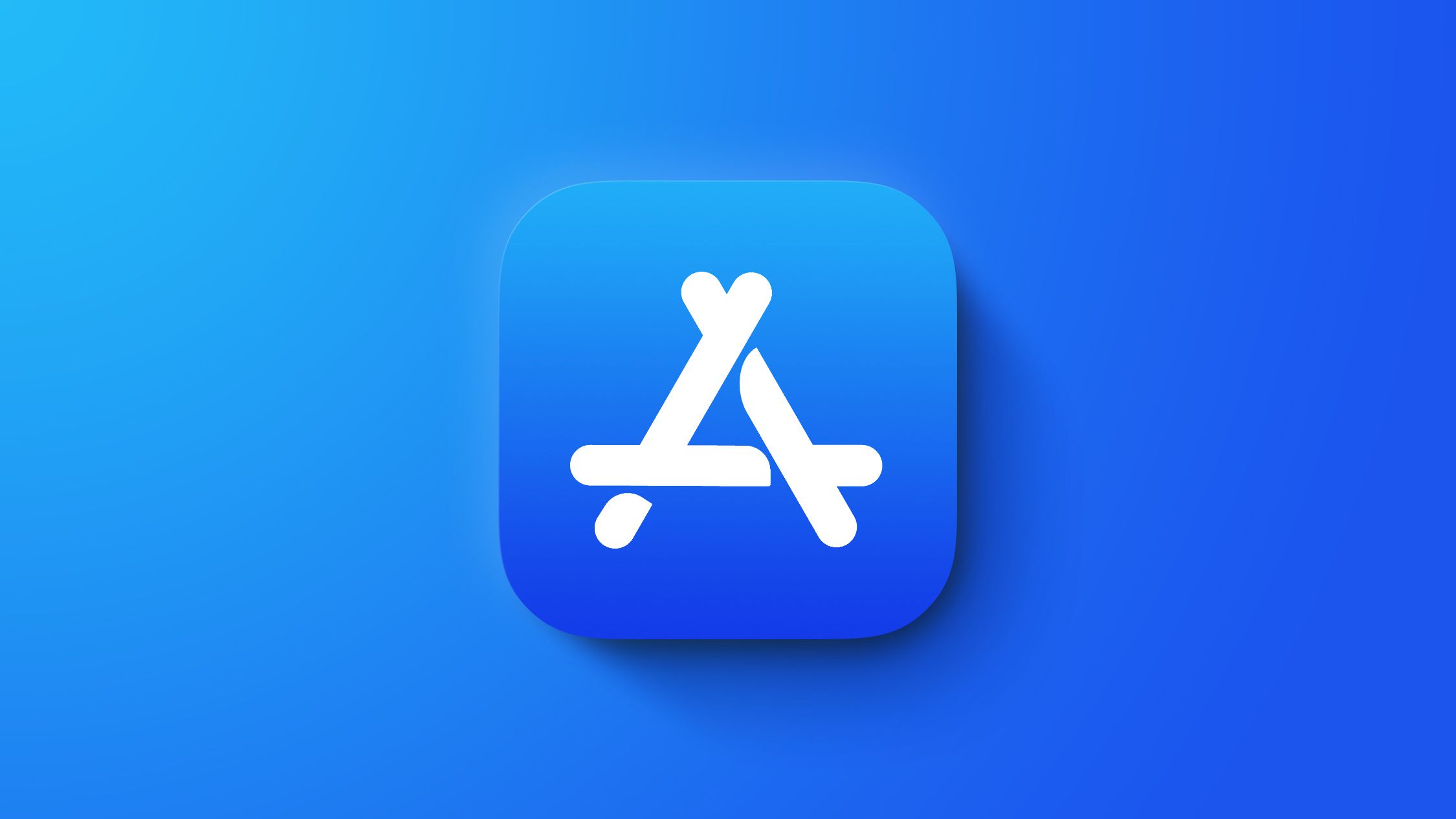You accused them of doing shady stuff with Spotify - when in fact they did what Apple should be doing aka let them not have to pay that fee. And I didn’t say you defended Google once…
Nothing misinterpreted - you tried to defend Apple using Google, incorrectly, because you failed to understand the facts of both cases.

20 things we learned from the Epic v. Google trial.
Okay, technically it’s a little longer than a fortnight.
What Google doesn’t say, and I weirdly didn’t hear Epic suggest either: if some companies get sweetheart deals, everyone else effectively has to pay more to compete. Can you imagine trying to compete with Spotify with your new music app while paying Google 11 percent, at the same time Spotify is paying zero?
The reason why I feel what Google did with Spotify was shady (waiving their 30% app store cut) was shady is because Spotify is not the only music streaming service in the App Store.
Apple is consistent with all the various streaming services. They all pay 30% (or 15% after the first year). You can argue that Apple unfairly favours its own Apple Music service, but at least it's consistent with everybody else.
For Google, how can anyone argue that it's fair to have Spotify pay 0% while every other service, from Tidal to Deezer, would still need to pay their share? This effectively gives Spotify an advantage over the competition because they have lower costs, which in turn translates to more operating revenue to run their business over everything else.
So it's funny that Spotify complains about Apple Music having an unfair advantage over it, yet they have no qualms about receiving the same preferential treatment from Google when the opportunity presented itself.
Hypocrites.





